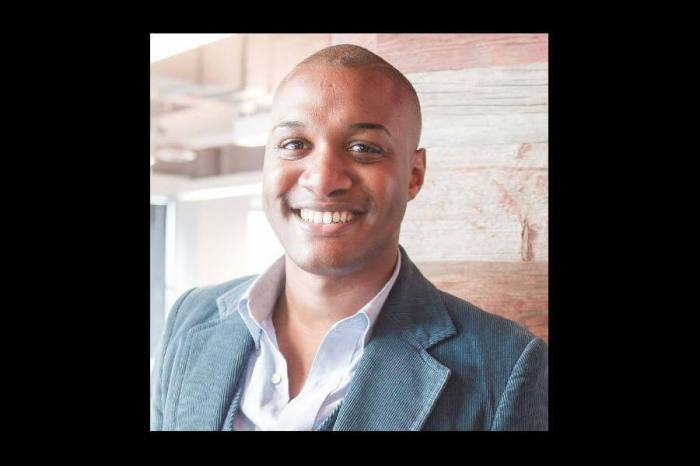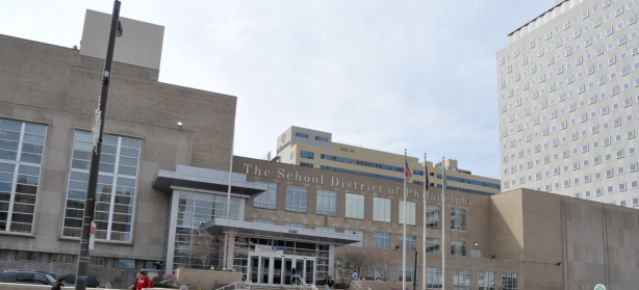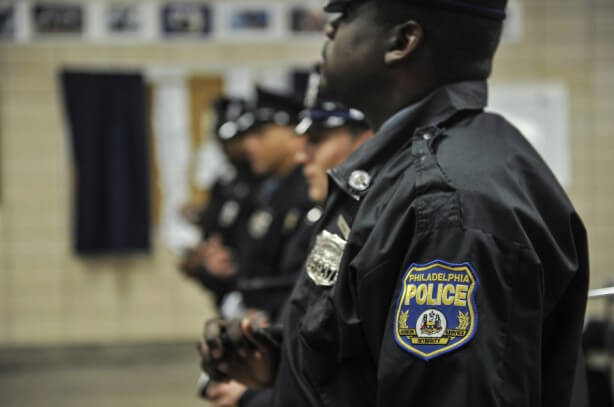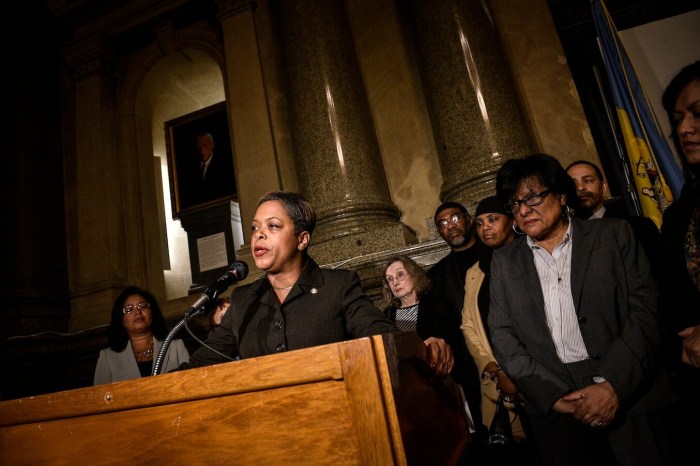The first time I wrote a Facebook post about my disappointment in the number of slain unarmed black teens due to police shootings – it was met with harsh criticism.
Either the spouses or children of cops on my timeline immediately got defensive, telling me that I should “mourn for the cops,” that “all police aren’t bad,” and I’m”ungrateful.” But since when was I not allowed to consider the life of those who died at the hands of police?
How was grieving the death of another and calling for justice an affront to those lawful officers who don’t abuse their power? Given the recent, highly publicizedtransgressions made by some police organizations, you would think they felt above reproach. The Ernest Opinion: Judge Scalia was cruel, but that doesn’t mean we should be This week, police branches across the country are boycotting Beyoncé’s world tour given the recent awareness she has brought to instances of police brutality. The Miami Fraternal Order of the Police has been adamant on not ensuring proper security on their end for the famous entertainer because they want folks to “Back the Blue, Boycott Beyoncé.” “To taint police officers globally in the Super Bowl is really wrong,” Sgt. Ed Mullins, president of the Sergeants Benevolent Association in New York City, recently said to the press. “[Beyoncé] made a statement and now law enforcement is making a statement. What’s clear is that no one in the country is trying to resolve the issues between communities of color and the distrust of law enforcement,” he added. The Ernest Opinion: Sexual violence by cops is often ignored It’s that kind of response that have made me skeptical about the current mentality of the police department. If the mission is to “protect and serve,” there shouldn’t be a double standard when it comes to those who practice their first amendment rights of free speech. So because police feel offended by a certain message, that means they now can take away their ability to protect certain citizens? Yeah, no. Just because a person is against police brutality doesn’t mean they are against the entire police force. When officers get defensive about those who question the unlawful behavior of some cops, it suggests that they are either naïve about police brutality or nonchalant about it. Either way, to reprimand those who do call the injustices out when they occur is undemocratic. It reduces the powerof civilians and taxpayers who fund the defense of their communities and heightens their fear of those that are expected to protect them. If I can’t feel as though I can criticize the actions of police when they are in fact wrong – who can? What is often left out of the narrative is the public admission of police officers that call out others in the force. How much has society allowed for other police chiefs or officers to critique the nature of those in their department that have obstructed justice? Not many. So we shouldn’t feel inclined to misrepresent those who speak out in a way that doesn’t actually inflict harm. Whether it’s myself or Beyoncé, we should all agree that free speech matters.
The Ernest Opinion: Speaking against police brutality doesn’t make someone anti-cops
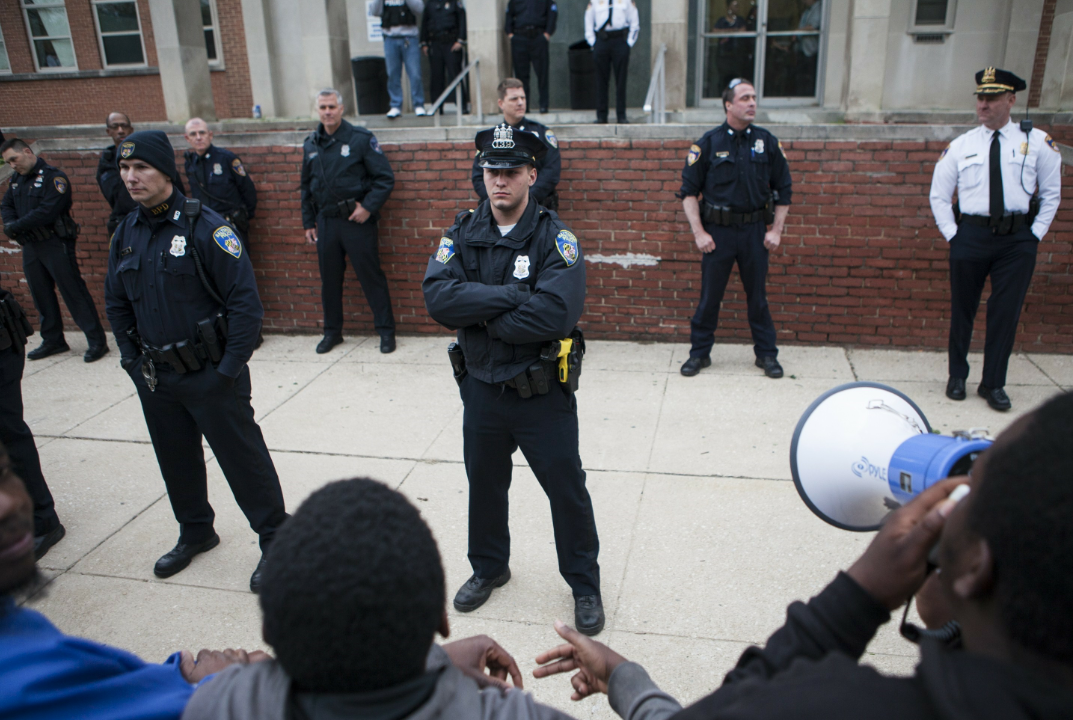
Getty Images











